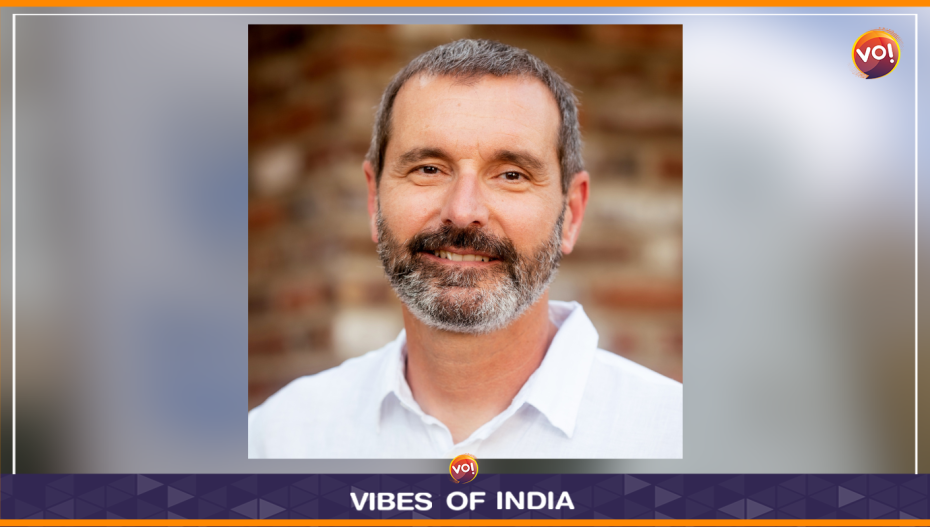At the start his course on “The Business Environment of India” at the Anderson School of Management in the University of California Los Angeles, Romain Wacziarg asks his students: How long will it take India to catch up with America’s per capita income, given their current average rates of GDP growth (2.4% for the US and 6.7% for India) and population growth (0.5% for the US and 0.8% for India)? The answer: 90 years. “It’s a fairly easy calculation,” says Romain, in a telephonic conversation with VO! from his home in Los Angeles. “But it serves to set the pace for the rest of the course and our subsequent visit to India.”
After skipping the visit for three years on account of the Covid pandemic, Romain is set to bring the students enrolled in his course to India again this year. Capped at 40 students, the course is a very popular part of Anderson’s MBA programme and the students will visit Mumbai and Hyderabad in December. “These cities are home to India’s film industry, so they have a special link with Los Angeles,” says Romain.
Romain is an “Overseas Citizen of India,” having first arrived in the country when he was just four months old, when his father was posted as a commercial attaché at the French Consulate in Mumbai. He grew up in the city, till he was sent to France for schooling at the age of six. He never returned to live in India, but the connection has remained strong. His father, the late Francis Wacziarg, settled in India after quitting the diplomatic services to join Banque Nationale de Paris (BNP) in New Delhi and then started the Neemrana chain of heritage hotels with friend Aman Nath.
Romain did his PhD in Economics from Harvard University in 1992 and says, “My academic interests are linked to my upbringing in India. One of the questions that motivates my scholarship is to understand how we can get countries to develop faster, in a way that is equitable.”
When I first met Romain in Mumbai in 2013, he was researching the links between a country’s culture and per capita income. It was a quantitative study, correlating data on per capita incomes in the years 1500, 1700, 1820, 1913 and 1960 against cultural factors like religion, ethnicity and language. Cultural differences create barriers to innovation and this has had a part to play in blocking progress. “India was richer than Europe in the year 1000, when the world was agrarian, but things changed decisively after the industrial revolution. Countries that were culturally closer to England, the birthplace of the industrial revolution, tended to adopt the means of production of an industrialised society faster than others,” says Romain.
Moving ahead on the same theme, Romain is now researching the link between investments and culture. He says: “Populations that share a common ancestry exchange capital, innovation and technology more easily, though they also tend to fight more with each other. Countries with widely differing cultural values do not invest in each other much.”
One exception to the rule seems to be Japan, which has flourished despite its cultural distance from the West. Romain believes that Japan has managed to increase its per capita income to the highest levels by embracing globalisation and proactively removing barriers to innovation and India can do the same. “To reduce barriers, India needs to translate and adapt technological and institutional innovations to fit its traditions. It needs to foster cross-cultural exchange,” he says.
Also Read: COVID Vaccine Can’t Be Linked To Heart Failures, Claims Study












